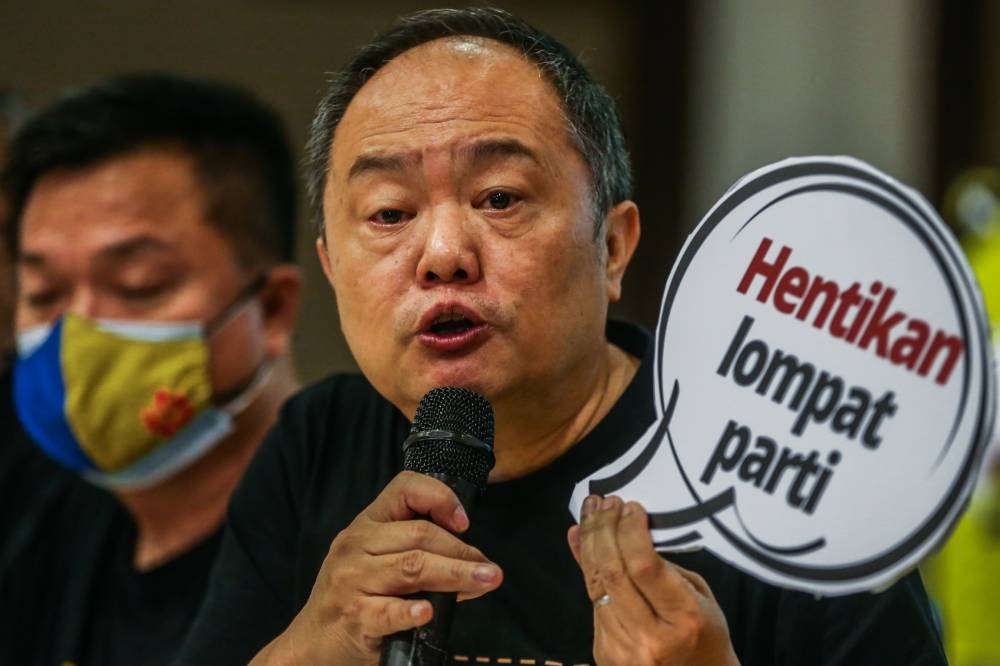KUALA LUMPUR, June 18 — Bersih wants the public to realise that it is their vote that holds the power to decide the country's fate in an election, not the politicians, authorities, or Election Commission (EC).
The electoral watchdog said the country has not had political stability since the Sheraton Move due to irresponsible and selfish nature of several politicians who jumped ship to other parties with impunity.
Bersih now aims to educate them on voter supremacy whilst hoping key reforms can be put in place before the 15th general elections (GE15).
“We've seen the change of government in the last two years like nothing, it is like a game they play 'who can sieze power'. Some even say there are only two ways they can come into power. One is by having an election the other by defection.
“Party hoppers however will say they didn't break the law. What we are waiting for is the passing of this anti-party hopping constitutional amendment. We want to see party hoppers face some legal hurdles before they bring down a government.
“However party hopping is not a simple matter. People party hop due to unequal constituency development funds. On top of that, they get appointments to Government-Linked Companies (GLC) and Cabinet. All these laws have to change to take away that incentive,” said Bersih chairman Thomas Fann today during a forum on voter supremacy at the Kuala Lumpur and Selangor Chinese Assembly Hall this morning.
Fann said the first demand is that the government does not suppress the voters, for example, not allowing postal votes for overseas Malaysians, not providing adequate voting facilities for Sabah and Sarawakians living in Peninsular Malaysia, lack of Parliamentary Special Select Committee on electoral matters and an urgent need to reform the election commissioners to avoid biases.
Fann said they could erect large voting centers like the Covid-19 vaccination centres for Sabah and Sarawakians to vote from the Peninsular instead of travelling back.
The second demand was for anti-party hopping, the third was to make Parliament independent of the executive so government backbenchers and opposition MPs have a bigger role to play in law-making.
The fourth demand is to abolish draconian laws and defend the freedom of expression and peaceful assembly. This included removing the sedition act.
He said the fifth demand was to abolish double standards and reform the Malaysian Anti-Corruption Commission and also separate the Attorney General (AG) duties from the public prosecution.
“The AG has big issues when he is the law adviser to the government as well and holds the power to decide if someone is prosecuted. It's a role that can be abused so the AG must always not act with double standards,” Fann said.
“In addition, we ask to separate AG and prosecutor duties as he is appointed by the prime minister, subject to his discretion and he has no job security, unlike Judges who have a tenured term. This could make the AG vulnerable to political pressure,” he added.
The last demand they made was to re-introduce local government elections so that they can better address local issues.
“Decentralising the central government from the state governments’ powers is essential as without it the states can't do much when they are better suited to solve local issues,” said Fann.
“All these reforms mentioned above are structural and systematic reforms. We do not want to replace a government with another that does the same thing. The key is in reforming the system that way if there is a corrupt person in there he or she cannot do anything as the system is sound and fair,” he added.



















